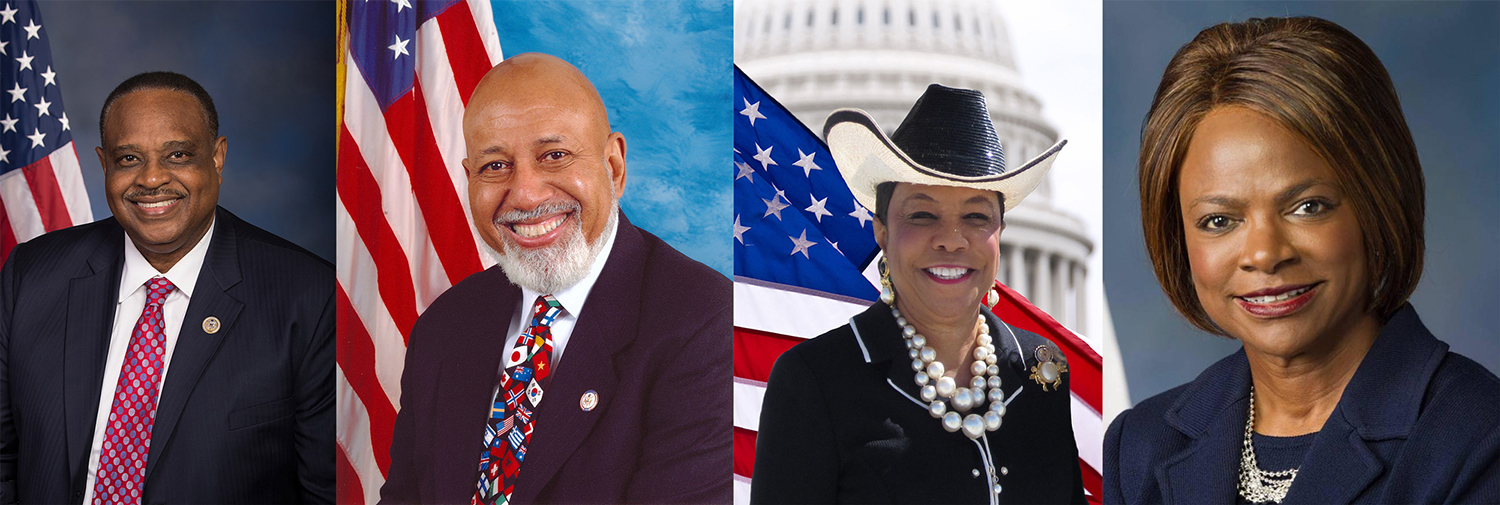
If elected to office, Tallahassee Mayor Andrew Gillum would be Florida’s first black governor.
Though this would be a significant moment in the state’s history, what’s gone largely unreported is that the four black members of Congress from Florida are all but assured re-election, with only Rep. Al Lawson facing opposition from a major party candidate, Virginia Fuller, and she is also black.
What this means is that for the first time ever two consecutive congressional sessions will feature four black members from the Sunshine State. That is significant because, according to the latest U.S. Census numbers, close to 17 percent of Florida’s residents are black, which would mean representation in the U.S. House of Representatives is just about equal to their percentage of the state population.
“Representation is important to African-American voters, just as is for any voter. Representation ensures that individuals have elected officials who understand their communities,” Lawson said in the statement to the Caplin News (SFMN).
After districts were redrawn in 1992 to ensure representation for blacks and Latinos in the U.S. Congress – colloquially known as minority-majority districts, three black members were elected. Since then, at least three black members have consistently served in the lower chamber of Congress.
The three black legislators who are currently in these districts are Lawson, whose district includes parts of Tallahassee and Jacksonville, Miami-Dade’s Frederica Wilson, and Alcee Hastings, who is the only remaining representative from that 1993 election.
Congresswoman Val Demings, unlike the other three black congress members, serves a district in central Florida where blacks are not the largest ethnic group.
Nuren Haider, the Orange County Democratic Executive Committee’s Vice Chair, lives in Demings’ district. She said ethnicity and gender could play a part in electing a candidate, but it’s not everything.
“The most important thing is that they have to relate to their constituency as a good human being and as a good person, and the issues that they have to be promoting have to be things that are relatable to the things the people in their constituency are dealing with,” Haider told SFMN.
Since 1993, Florida has had eight black representatives, but never all together, and so far never in the U.S. Senate
In 2010, then-Representative Kendrick Meek, a black legislator who ran as the Democratic Party’s Senate nominee, finished last in a three-way race, in a seat that eventually went to Marco Rubio, the state’s Republican senator.
As far as the gubernatorial race is concerned, where Andrew Gillum made history as the state’s first black candidate, his ability to energize voters is reminiscent of Barack Obama when he first ran for the nation’s highest election office, says Sharon Austin, Director of the African American Studies program at the University of Florida
Though she attributes much of Gillum’s success to a current progressive movement that is sweeping the nation, Austin said having congressional members who are in good standing with their constituents and who endorse Gillum can help turn out those voters.
“Because African Americans have group consciousness, which is sort of the same as group solidarity, they tend to vote to benefit themselves as individuals but also to benefit the group,” Austin said in an interview with the SFMN.
Gabriel Poblete is a reporter in the Caplin News’s Washington, D.C., Bureau.






























